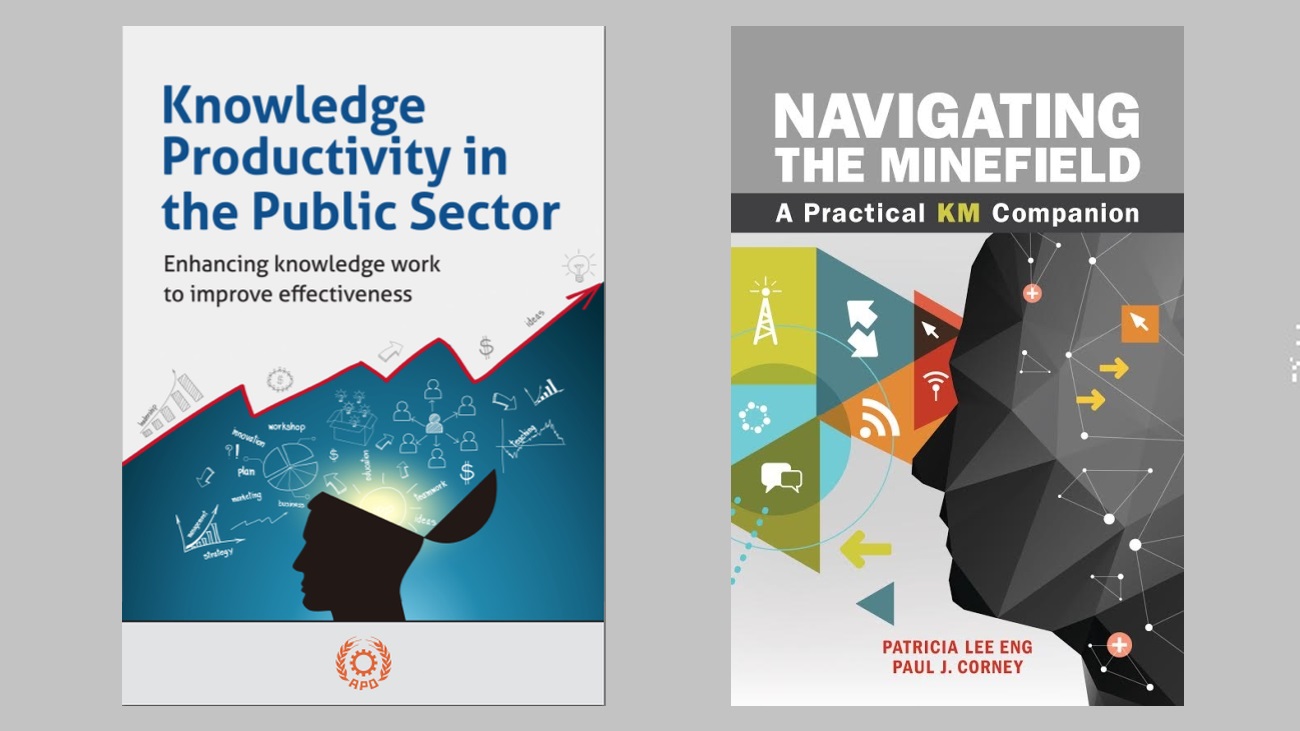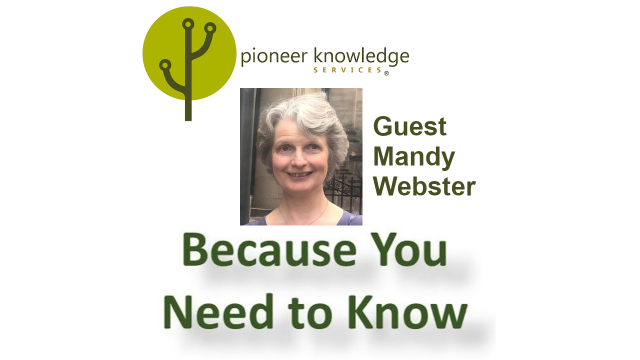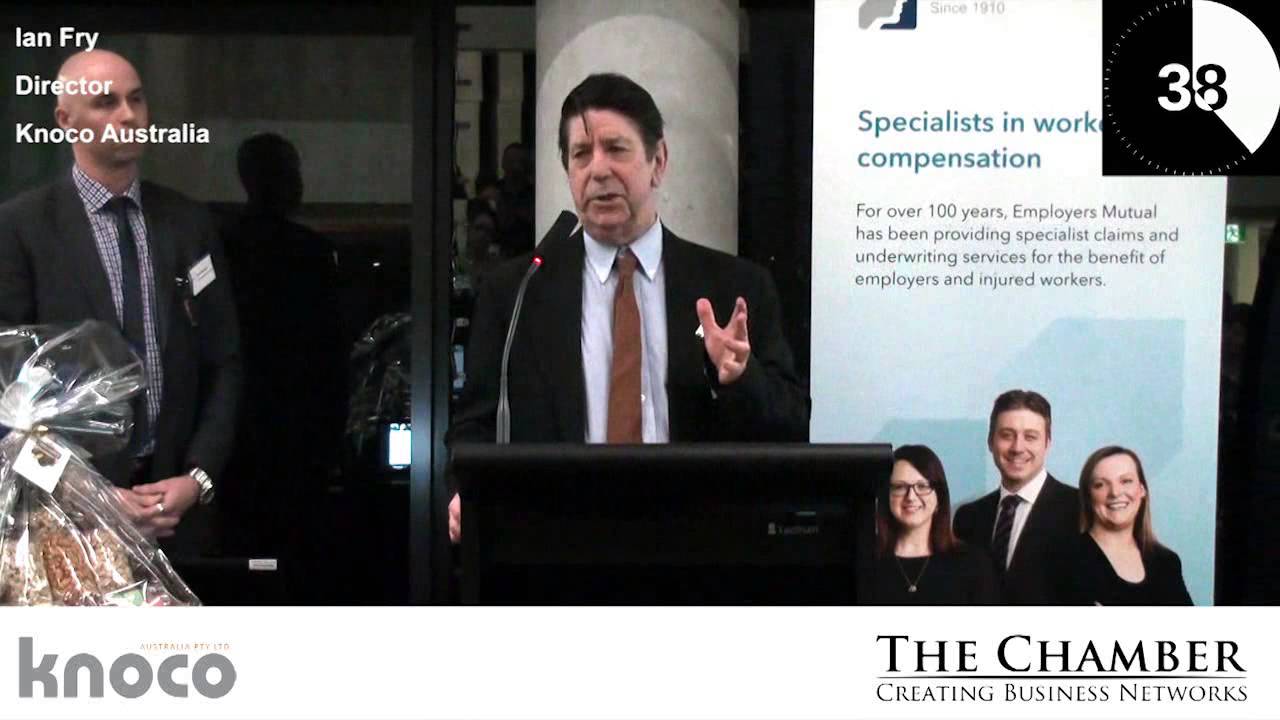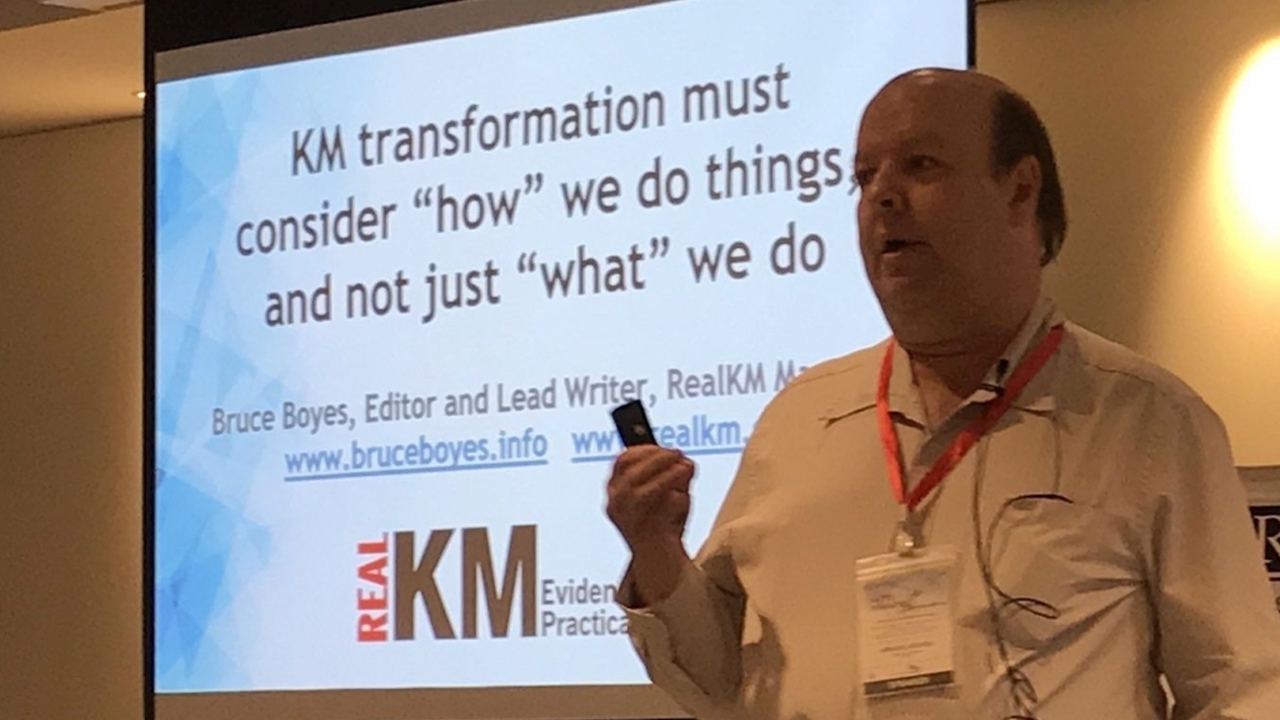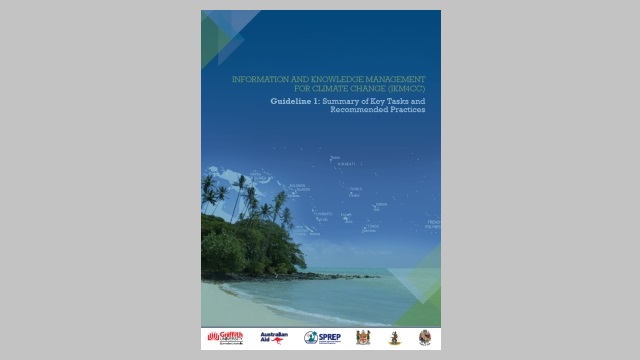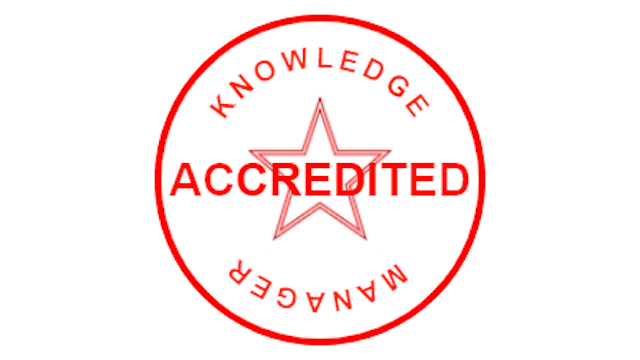
CILIP’s Chartered Knowledge Manager: a timely and much needed accreditation?
This article is part of a series on education and professional accreditation for knowledge managers.
Last year, I was asked to become a knowledge and information management ambassador for library and information association CILIP, to help inter alia promote CILIP in the wider world. Why? Perhaps because I’d recently co-authored a book with Patricia L Eng, who had driven a knowledge management (KM) program for the regulator of the US nuclear industry. This book, Navigating the Minefield: A Practical KM Companion, was published by the American Society for Quality (ASQ) in May 2017.
In this article, I want to draw on one of the chapters in the book to discuss a topic which, along with the imminent introduction of the ISO KM standard, is at the top of the knowledge and information manager “must have” list: a globally accepted accreditation for knowledge managers.
Here’s how Chapter 7 begins:
CHAPTER 7: WHAT SURPRISED US
If there’s one thing we’ve learned conducting the research and reflecting on our combined experience is that while there are often generic similarities few KM programs are the same in either conception, or inception. Why? To come back to an earlier theme, “it is all about the people” and each organization has its own culture and ways of working.
It wasn’t a surprise to discover that organizations with the most vibrant programs were those for whom knowledge is their core product or where the loss of critical knowledge can have catastrophic repercussions.
Although in some cases, captured critical knowledge was still abandoned, as in the case of the NASA heat shield and the sloppy liquorice.
As we looked at the 18 KM programs, we saw some things that we didn’t expect to find in our research.
This was one of the ten “surprises”:
Surprise #8 Few KMers have formal KM qualifications
Here’s an extract:
Perhaps this (that few KM’ers have formal KM qualifications) is not surprising since the majority of the people we spoke to have been doing KM for over a decade and started at a time when there were few, if any, accredited KM programs.
In the UK, Knowledge & Information Management is seen one of the Professions of Government with a learning curriculum in the process of establishment.
Additionally, universities and business schools in the UK and the US have Knowledge and Information graduate and postgraduate courses.
There are also numerous KM Communities around the world attached to business schools and universities where KM practitioners gather to share experiences and work on research of mutual interest.
There are a few organizations who offer a KM Certificate, but in most cases, the people who teach these courses focus on cognitive theory, business practices and examine case studies.
It is rare to find someone who has actually built and lived with a KM program for any length of time that teaches KM. Most KMers either stay in the field or retire and move on to other things rather than teach.
Some corporations have created their own Corporate University and in some cases, include KM as part of their curriculum. Having this credential is helpful within the corporation though it remains to be seen if a qualification from one corporate university one will be acceptable elsewhere.
With all the degree and training programs for KM there is no recognized industry body that has established any sort of universally agreed KM qualification or certification criteria.
Instead global KMers are attracted to training programs run by private organizations so they can demonstrate their familiarity with KM through external credentialing.
While knowledge of the theory behind KM and how the mind works is helpful, real knowledge is gained through experience on the job and there are few mentors or coaches to help a new KMer take their first steps
Arise ‘The Chartered Knowledge Manager’
Is there a need? I’d argue most definitely. Having run masterclasses in Africa, Asia, Europe, and the Middle East in the past decade, I know how many of the attendees require certificates of attendance and completion. Such certificates might be prized but they carry limited weight with human resources / personnel or an organisation’s senior executive cadre.
The imminent arrival of the ISO KM standard (albeit that adherence is voluntary) provides a framework against which KM programs can be viewed. An independently assessed external accreditation is another key component of the KM practitioner’s path to corporate legitimacy.
Encouraging signals
CILIP already has an internationally recognised professional registration program for library and information professionals, and is now moving to extend this registration to knowledge managers. There are three levels of professional registration: Certification, Chartership, and Fellowship.
At the KM Summit in London on 15 May 2018, a group of about 50 people joined CILIP CEO Nick Poole to discuss professional accreditation for the KM community:
That two-thirds of those attending expressed an interest in getting involved confirms my belief that CILIP’s establishment of a global Chartered Knowledge Manager accreditation is to be applauded.
Editor’s note: Earlier this week, CILIP CEO Nick Poole convened a teleconference to formally initiate the process for establishing professional accreditation for knowledge managers. Exciting times – more details to come!
Article source: An edited version of this article was first published in the June 2018 edition of CILIP Information Professional magazine.
Header image source: created with My Stamp Maker, CC BY-NC-SA 4.0.

